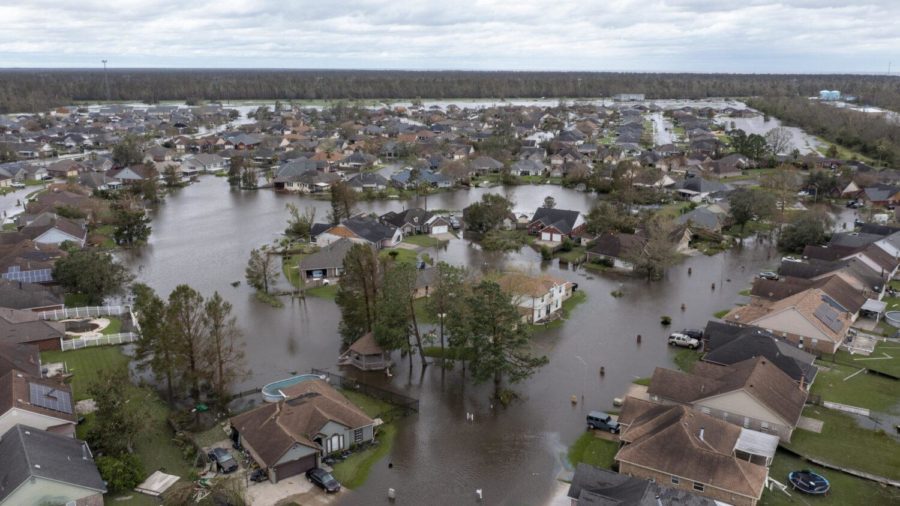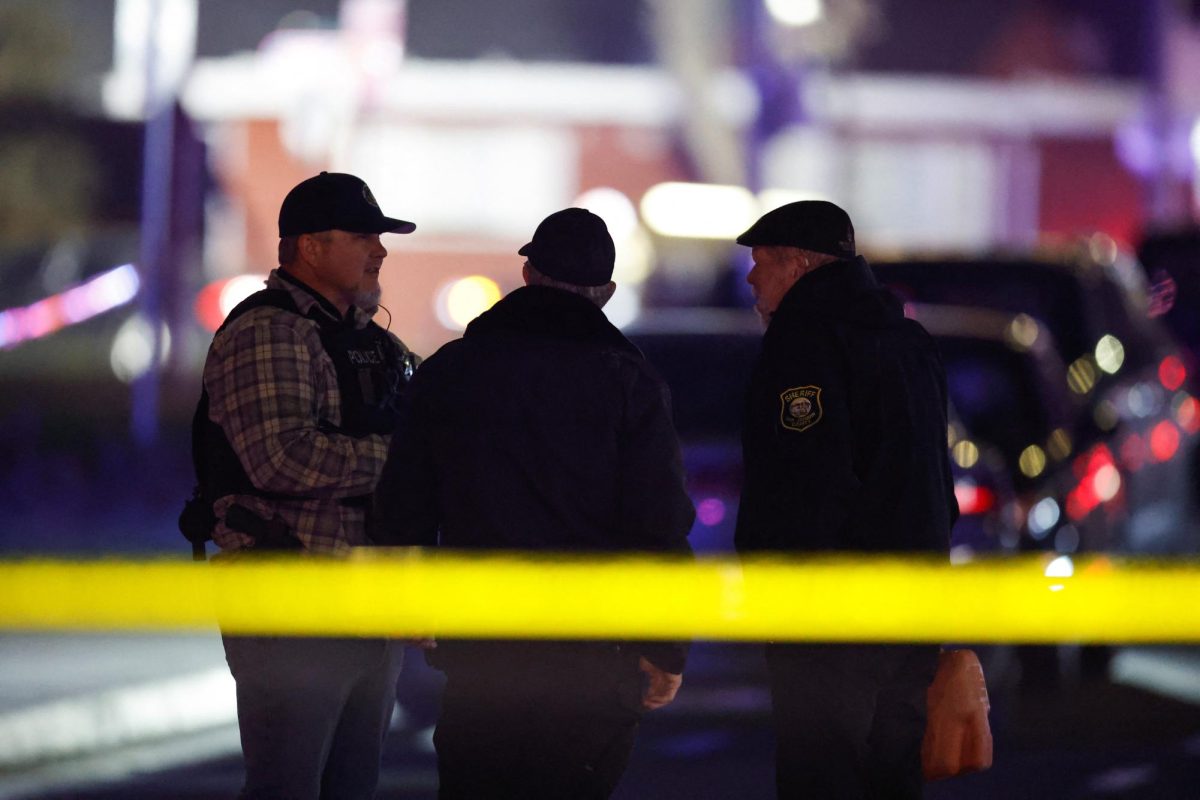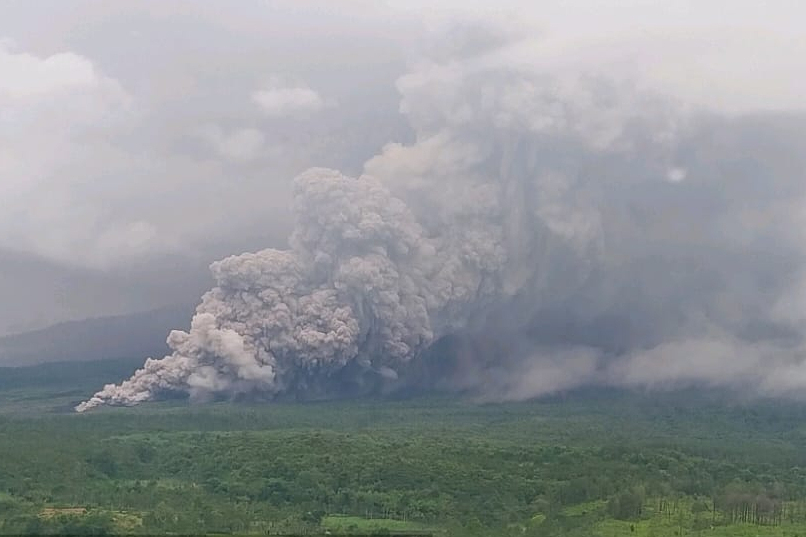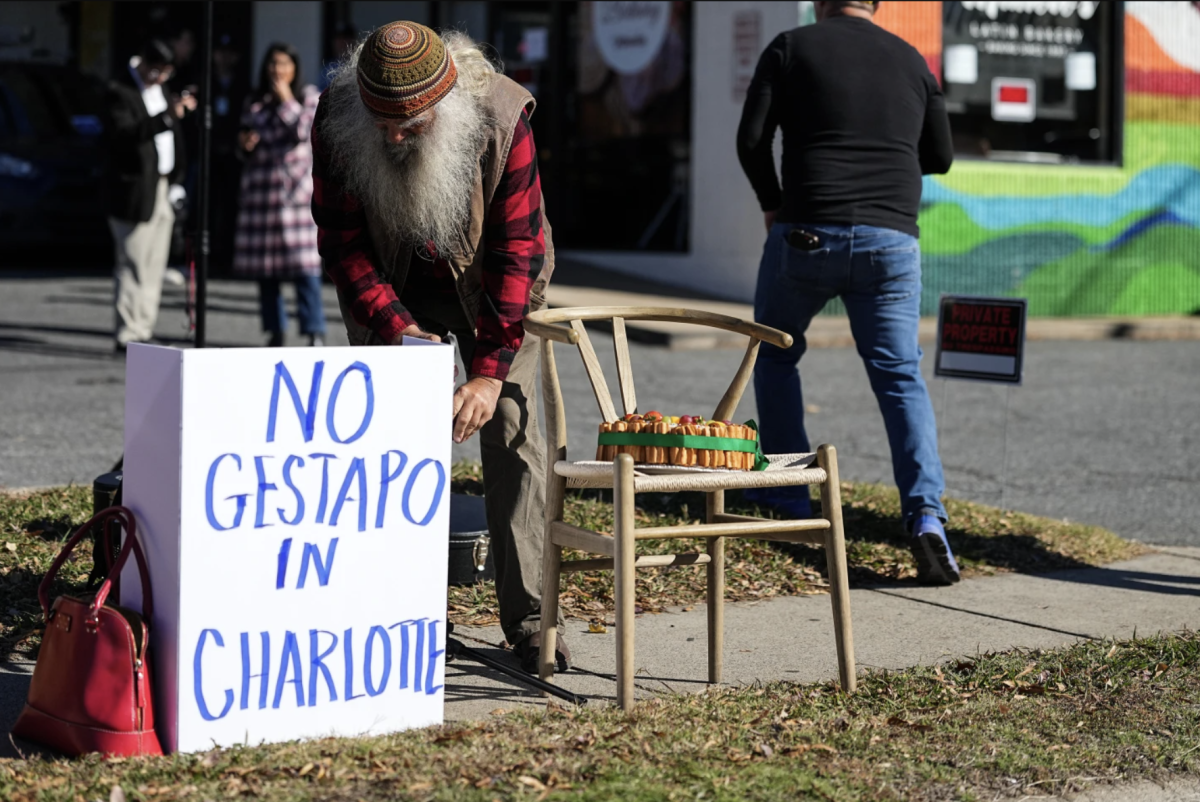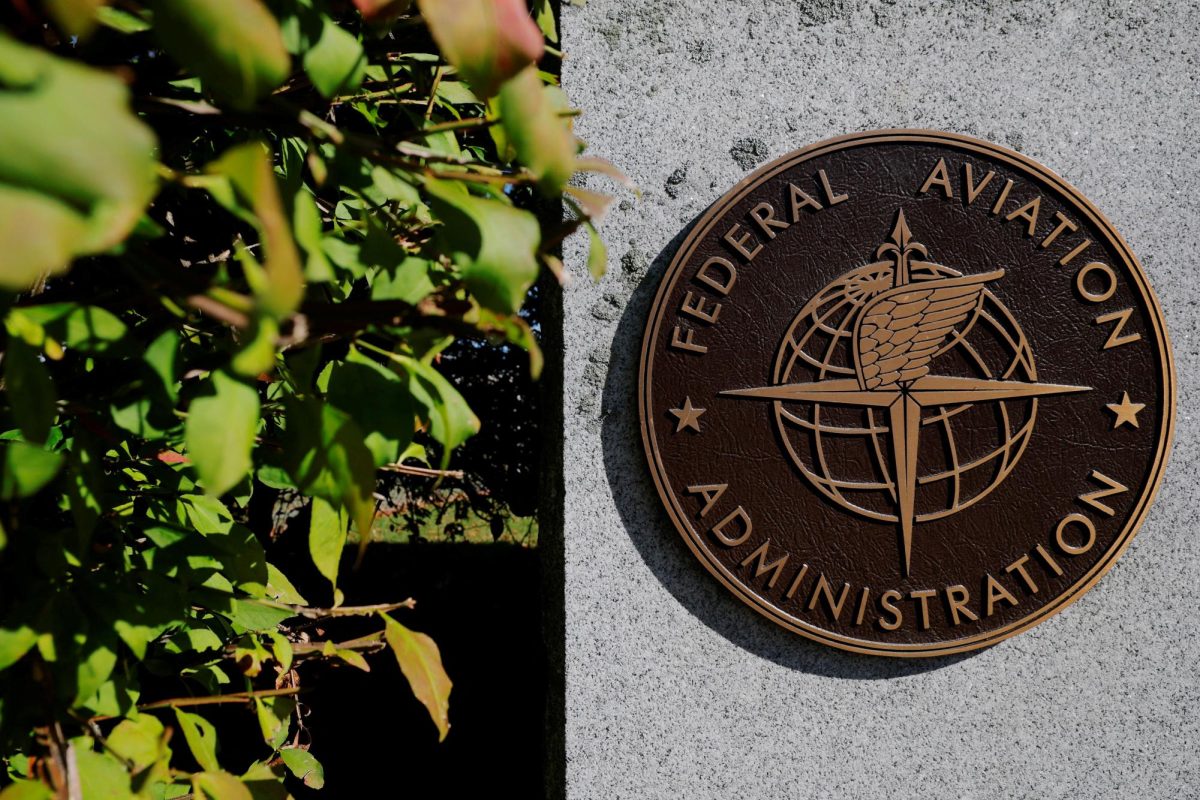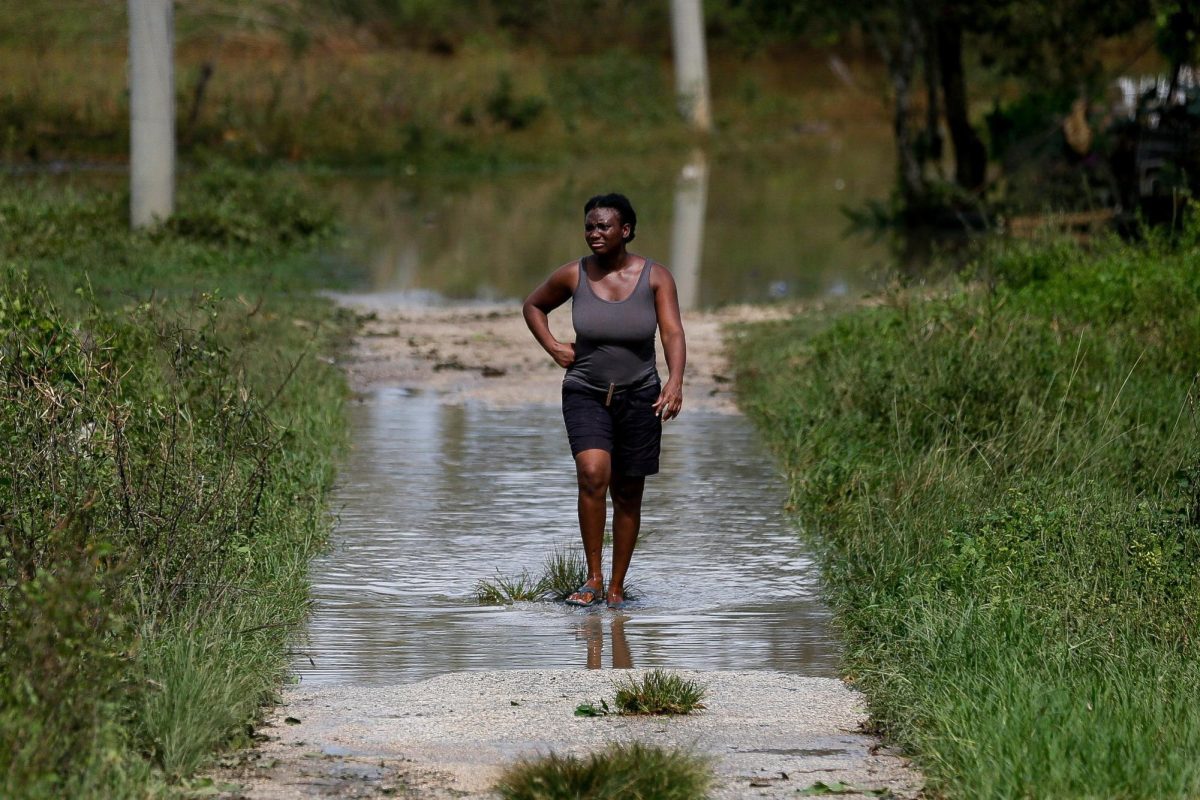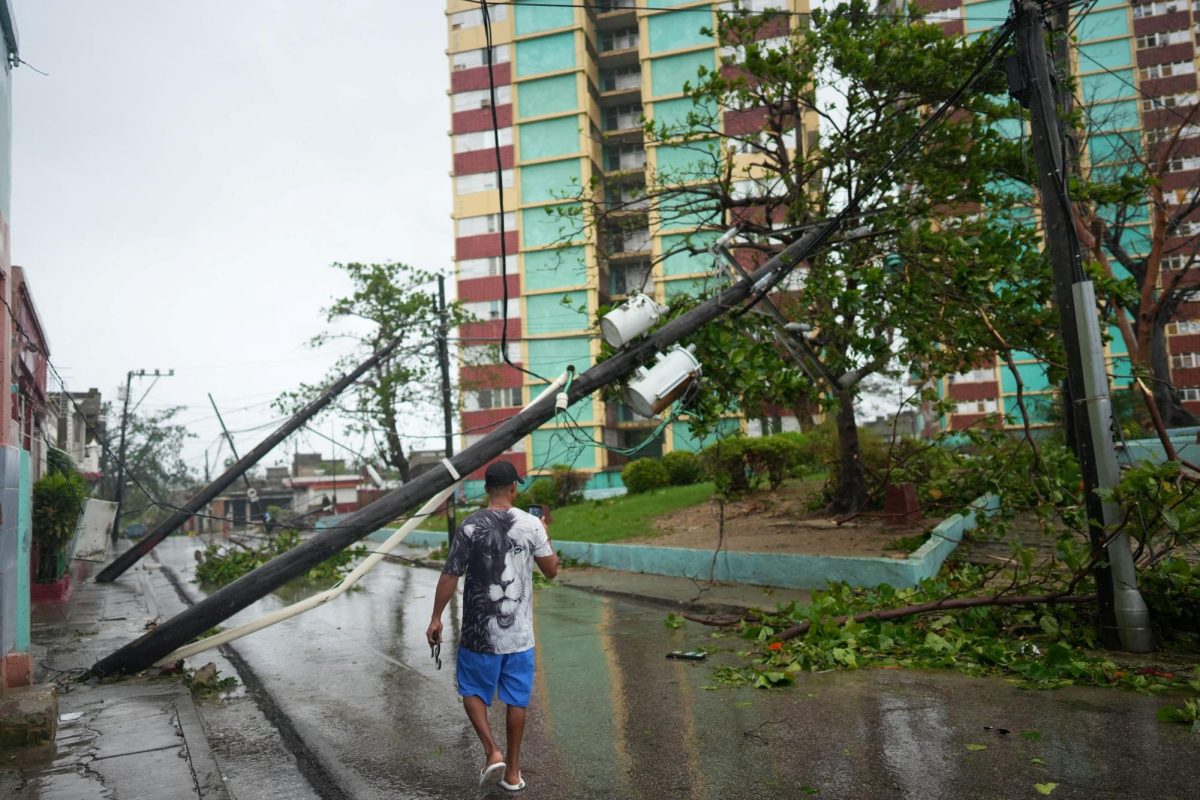FDA approves first COVID-19 vaccine
On Aug. 23, the Food and Drug Administration fully approved the Pfizer-BioNTech COVID-19 vaccine for people ages 16 and older, according to NPR News.
Months prior to the vaccine’s full approval, the FDA allowed Pfizer-BioNTech to be used under an emergency use authorization.
To be fully approved by the FDA, a drug must undergo a cost-benefit analysis. The FDA examines clinical trials of the drug and data about the drug’s effects on people six months later.
The full approval of the Pfizer-BioNTech COVID-19 vaccine allows the vaccine to have a brand name, Comirnaty, and opens the door for more vaccine mandates.
Hurricane Ida tears through New Orleans
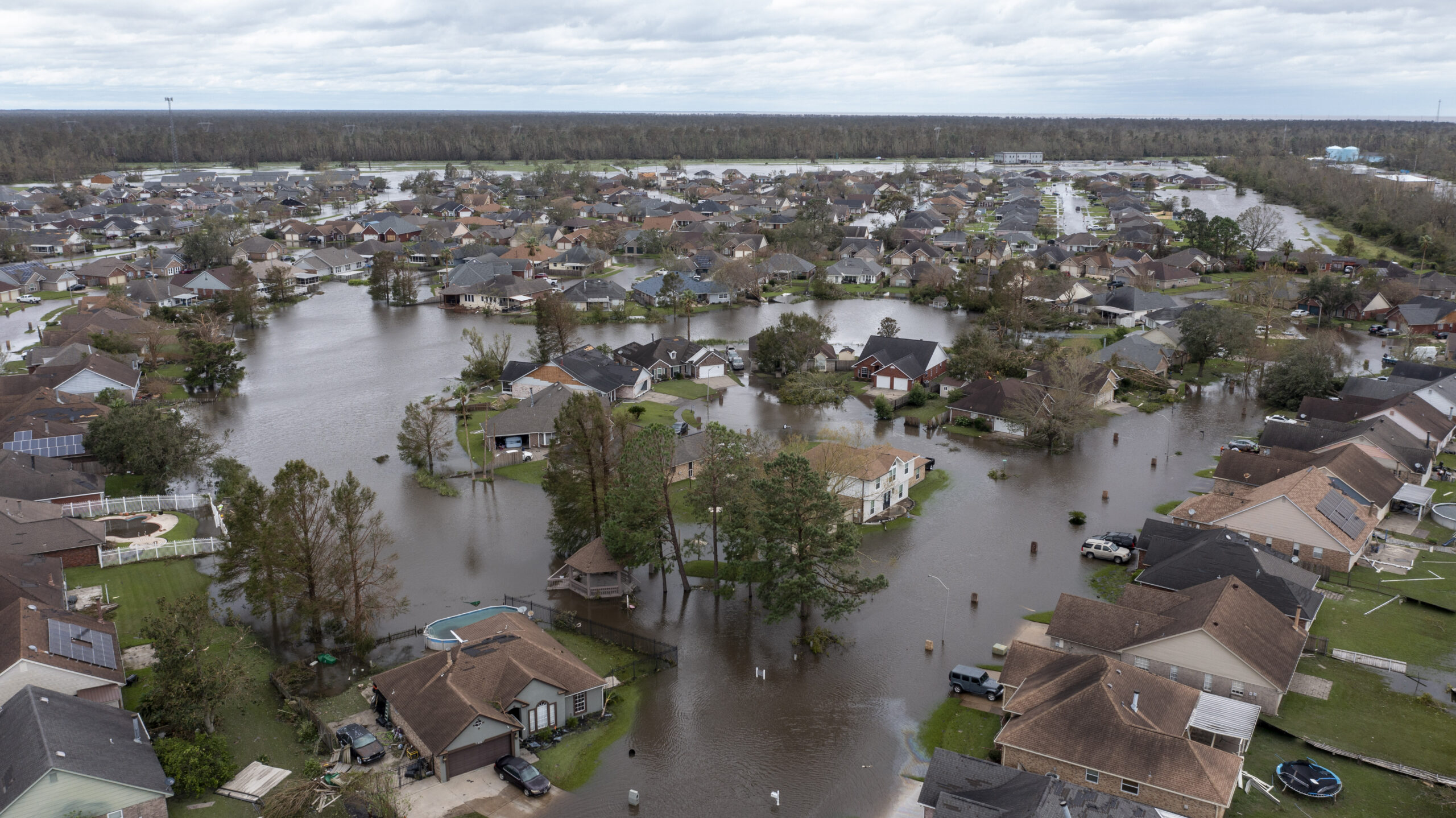
Hurricane Ida was rumored to be “another [Hurricane] Katrina,” and many residents evacuated before the storm arrived, according to The New York Times.
According to CNN, Ida killed at least one person, caused extensive power outages and interfered with phone service. Portions of Louisiana may be out of power for a month.
Extended power outages are said to be one of the biggest issues for those who remained in the city during the storm.
Rescuers sometimes had trouble finding residents in need of help due to power outages and phone service interruptions.
An unknown number of residents are trapped in their homes, with water levels in some homes reaching so high that people are being forced into their attics or onto their roofs, according to CNN.
Tesla and Boston Dynamics work to create helper robots
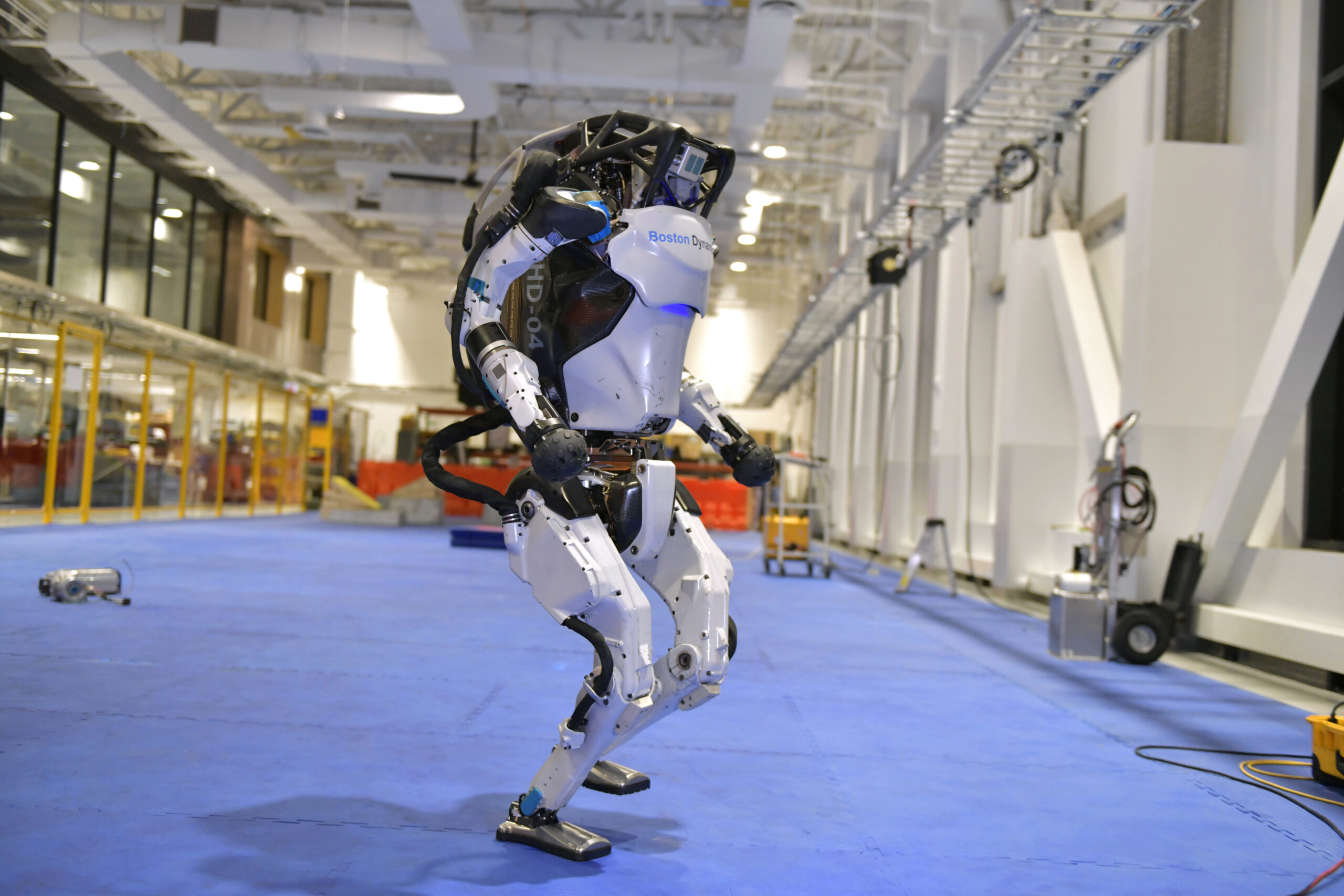
CEO of Tesla Elon Musk announced the company is building a humanoid robot, according to CNN Business News.
“It’s intended to be friendly, of course, and navigate through a world built for humans and eliminate dangerous, repetitive and boring tasks,” said Musk during the announcement.
The robot is currently inoperative, but upon completion, the robot will be 5’8” tall, weigh 125 pounds, move at five miles per hour, have a carrying capacity of 45 pounds and be able to deadlift 150 pounds.
A prototype of the robot should be ready next year, said Musk.
Boston Dynamics has created a similarly functioning robot called Atlas, according to BBC News. Atlas robots created by Boston Dynamics are continuously being trained and updated, and one machine, the robo-dog “Spot,” has now been made available for hire.
Texas Senate votes to remove several required history lessons
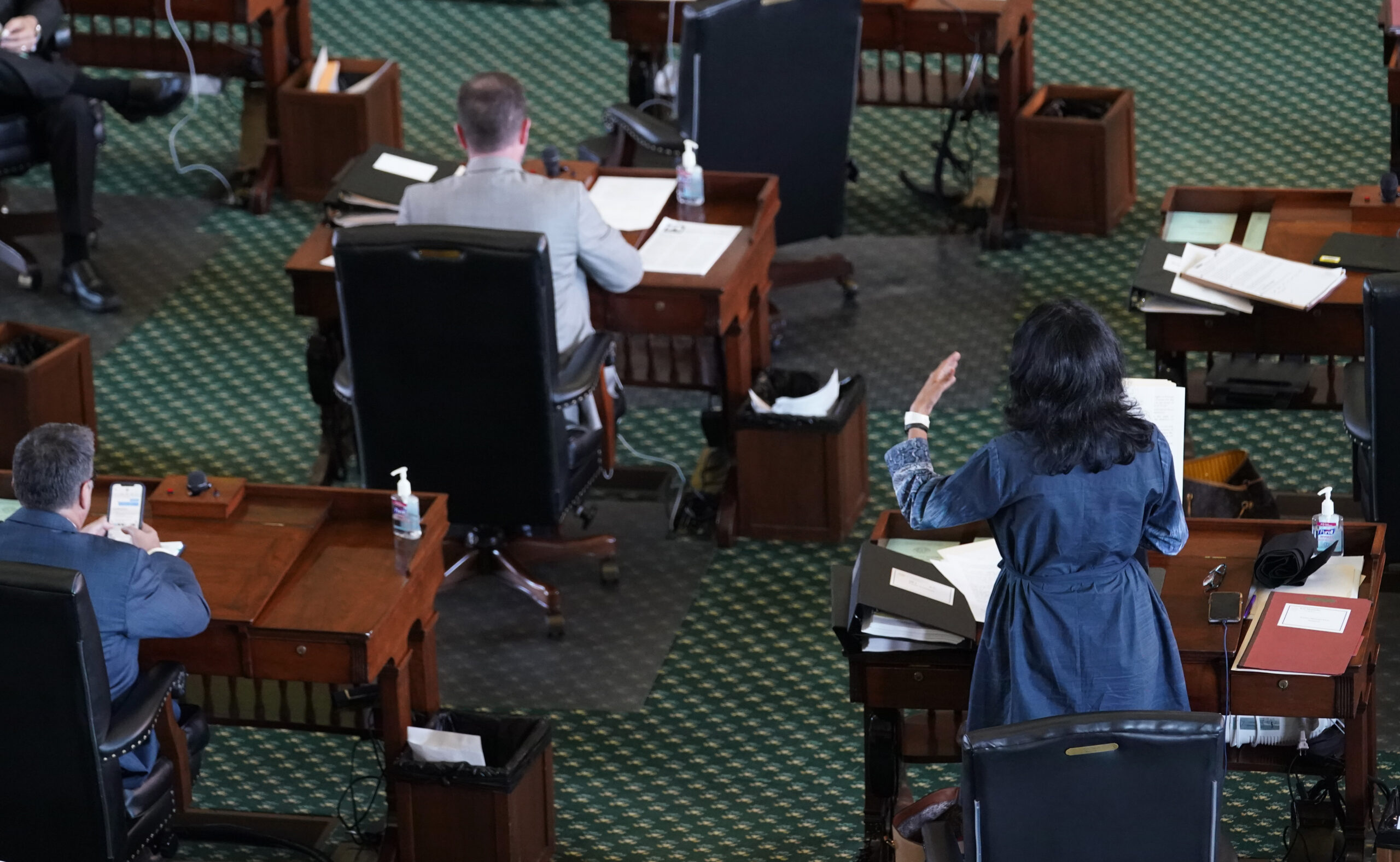
Texas Senate voted on a bill (S.B. 3) that would end requirements that public schools include several topics in history class, according to Bloomberg Law News.
S.B. 3 would eliminate the requirement for public schools to teach many aspects of the civil rights movement, women’s suffrage, writings of the Founding Fathers and more.
The bill passed on a vote of 18 to 4 but was stalled until the return of a group of breakaway Democrats. The special session was set to end Aug. 6.
S.B. 3 was reported engrossed on July 16, and the bill is said to have died in chamber.
To read more about S.B. 3, visit https://capitol.texas.gov/tlodocs/871/billtext/pdf/SB00003I.pdf.
Afghan allies fearful after US exit
With the U.S. officially out of Afghanistan as of Monday, any remaining hope Afghans had of escaping the reign of the Taliban left with the last plane.
According to NBC News, Afghan allies, who are grappling with despair, anger and panic, are pleading with any Americans they can contact for rescue as the Taliban begins to headhunt.
Afghans who worked closely with the U.S. are in the most danger. Many are feeling abandoned as they find themselves in the same position they were in before the U.S. entered the country 20 years ago.
“The reward of working with the USA military is this? Death by the hands of the Taliban?” asked Abdul, an Afghan under anonymity who worked for Global Strategies Group in security.
Hope for any upcoming rescue is minimal.
Secretary of State Antony Blinken said the U.S. would be opening a new office over 1,200 miles away in Doha, Qatar.
The lack of regulations may prevent journalists and international oversight from staying in Kabul, leaving Afghans wondering how the Taliban will act “when the international community is no longer watching,” according to NBC News.

Martinsville Seven pardoned by Virginia
On Tuesday, Virginia Governor Ralph Northam granted posthumous pardons to seven Black men 70 years after the execution of “Martinsville Seven,” who were convicted of raping a white woman by all-white juries, according to CNN News.
Northam’s office said the pardons are meant to represent and recognize the unjust trial these men received and acknowledge their racially biased death sentences, not to address the guilt of the Martinsville Seven.
“We all deserve a criminal justice system that is fair, equal and gets it right — no matter who you are or what you look like,” Northam said.
Family members said the seven men were coerced into confession and were interrogated without a lawyer and under duress.
The families of the men and community advocates have been pushing for the pardon since last year, noting that the men had hasty trials and brutal deaths in the electric chair.
Climate disasters across the US
Climate disasters strike the U.S. at an alarming rate with flooding, heatwaves, fires, droughts and hurricanes. The recovery process is a separate disaster of its own, according to CNN News.
Extreme weather events, like the ones the country faces right now, are more frequent, but the support offered after the disasters is decreasing.
Samantha Montano, an assistant professor of emergency management at Massachusetts Maritime Academy, said the federal government often fails to lead recovery and emergency response efforts.
A United Nations report found as temperatures increase, so do the occurrence of compound extreme events which deplete government finances and emergency resources.
“Policymakers need to start looking at long-term solutions including slashing greenhouse gas emissions from fossil fuels and building climate resiliency instead of focusing on the past,” said Katharine Hayhoe, the chief scientist at the Nature Conservancy.

Texas abortion ban in full effect
Private citizens can sue anyone helping a woman in Texas get an abortion after six weeks of pregnancy.
Abortion providers in the state had hoped the Supreme Court would block enforcement, according to ABC News.
The law would apply to 85% of abortions in the state and anyone who successfully sues someone who helped a woman get an abortion would receive $10,000.
According to ABC News, critics of the law said abortions would effectively be banned before many women are aware they are even pregnant, which can be as soon as six weeks of pregnancy, or any time after a fetal heartbeat is detected.
Supreme Court justices are scheduled to hear an abortion case in the next term which could limit or overturn Roe v. Wade.

